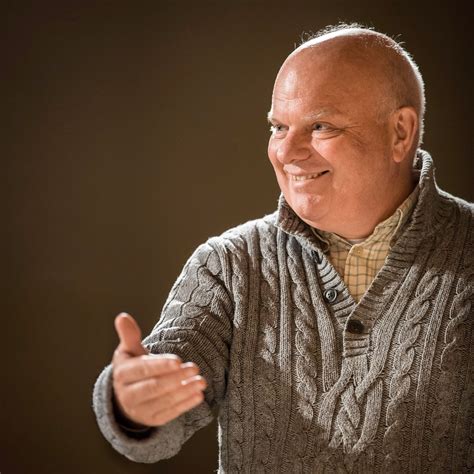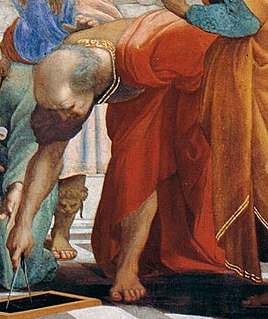A Quote by Lewis Carroll
Who can tell whether the parallelogram, which in our ignorance we have defined and drawn, and the whole of whose properties we profess to know, may not be all the while panting for exterior angles, sympathetic with the interior, or sullenly repining at the fact that it cannot be inscribed in a circle?
Related Quotes
I am of the theory that all of our transcendental connections, anything we're drawn to, be it a person, a song, a painting on a wall--they're magnetic. The art is the alloy, so to speak. And our souls are equipped with whatever properties are required to attract that alloy. I'm no scientist so I don't really know what the hell these properties are, but my point is we're drawn to stuff we've already got a connection to. Part of the thing is already inside of us.
This vast life - the real, interior one in which we remain linked to the dead (because the dream inside us ignores trivialities like breath, or absence) - this vast life is not under our control. Everything we have seen and everyone we have known goes into us and constitutes us, whether we like it or not. We are linked together in a pattern we cannot see and whose effects we cannot know.
I think the most important work that is going on has to do with the search for very general and abstract features of what is sometimes called universal grammar: general properties of language that reflect a kind of biological necessity rather than logical necessity; that is, properties of language that are not logically necessary for such a system but which are essential invariant properties of human language and are known without learning. We know these properties but we don't learn them. We simply use our knowledge of these properties as the basis for learning.
We cannot know whether we love God, although there may be strong reason for thinking so; but there can be no doubt about whether we love our neighbor or not. Be sure that, in proportion as you advance in fraternal charity, you are increasing your love of God, for His Majesty bears so tender an affection for us that I cannot doubt He will repay our love for others by augmenting, and in a thousand different ways, that which we bear for Him.
To me, it really seems visible today that ethics is not something exterior to the economy, which, as technical matter, could function on its own; rather, ethics is an interior principle of the economy itself, which cannot function if it does not take account of the human values of solidarity and reciprocal responsibility.


































